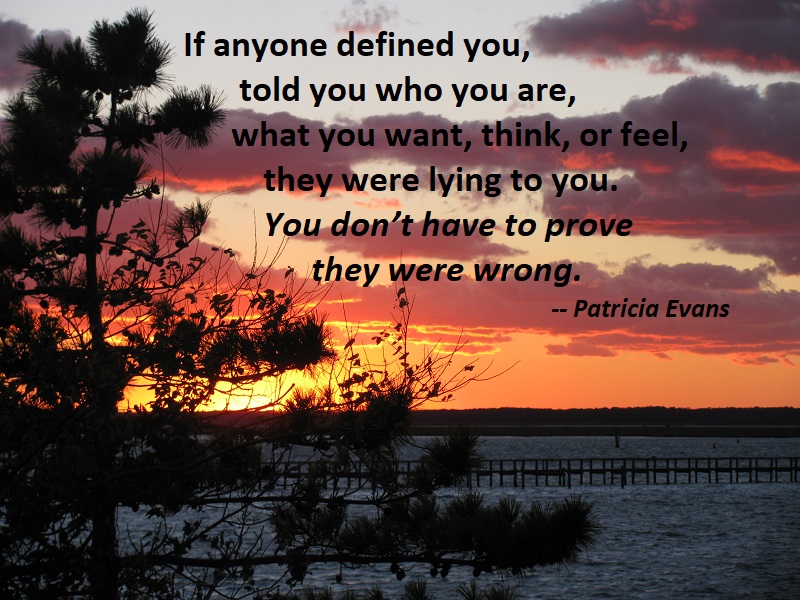How terribly, then, have the theologians misrepresented God in the measures of the low and showy, not the lofty and simple humanities! Nearly all of them represent him as a great King on a grand throne, thinking how grand he is, and making it the business of his being and the end of his universe to keep up his glory, wielding the bolts of a Jupiter against them that take his name in vain. They would not allow this, but follow out what they say, and it comes much to this. Brothers, have you found our king? There he is, kissing little children and saying they are like God. There he is at table with the head of a fisherman lying on his bosom, and somewhat heavy at heart that even he, the beloved disciple, cannot yet understand him well. The simplest peasant who loves his children and his sheep were — no, not a truer, for the other is false, but — a true type of our God beside that monstrosity of a monarch.
The God who is ever uttering himself in the changeful profusions of nature; who takes millions of years to form a soul that shall understand him and be blessed; who never needs to be, and never is, in haste; who welcomes the simplest thought of truth or beauty as the return for seed he has sown upon the old fallows of eternity; who rejoices in the response of a faltering moment to the age-long cry of his wisdom in the streets; the God of music, of painting, of building, the Lord of Hosts, the God of mountains and oceans; whose laws go forth from one unseen point of wisdom, and thither return without an atom of loss; the God of history working in time unto Christianity; this God is the God of little children, and he alone can be perfectly, abandonedly simple and devoted. The deepest, purest love of a woman has its well-spring in him. Our longing desires can no more exhaust the fullness of the treasures of the Godhead, than our imagination can touch their measure. Of him not a thought, not a joy, not a hope of one of his creatures can pass unseen; and while one of them remains unsatisfied, he is not Lord over all.
— George MacDonald, Unspoken Sermons, First Series, p. 22-24
